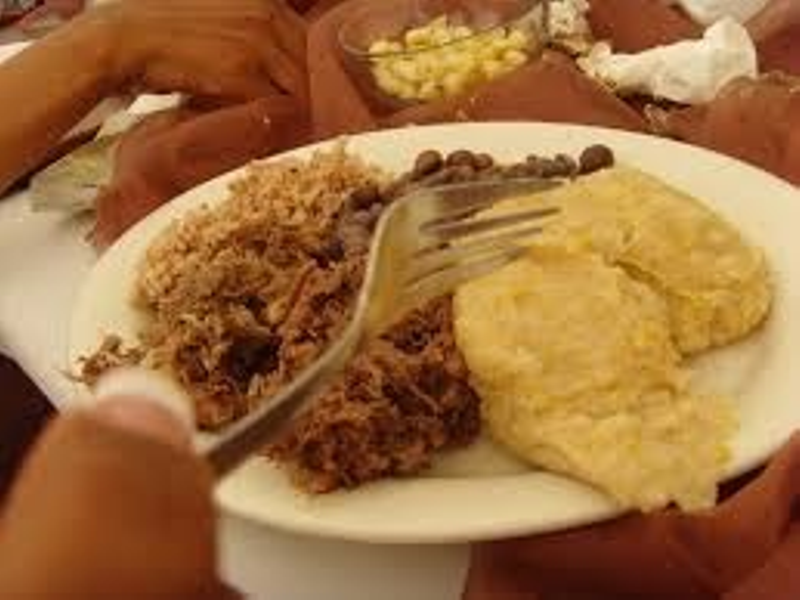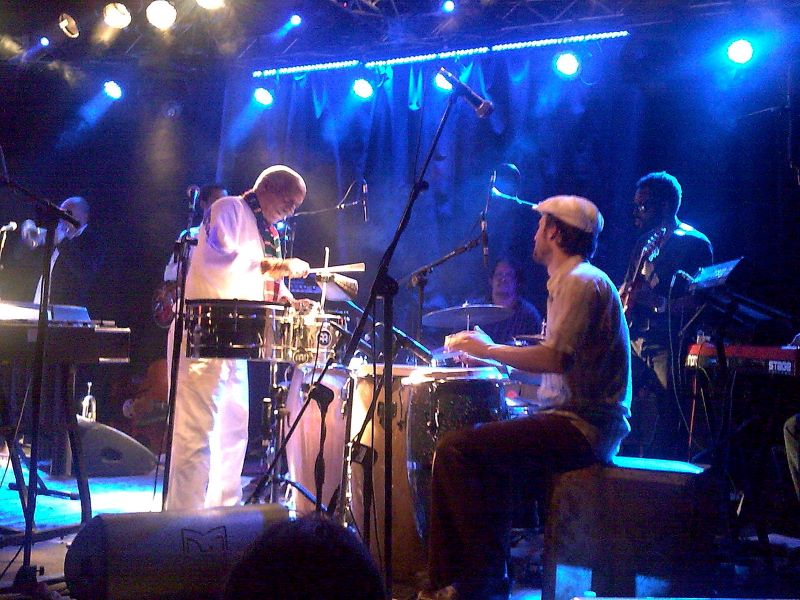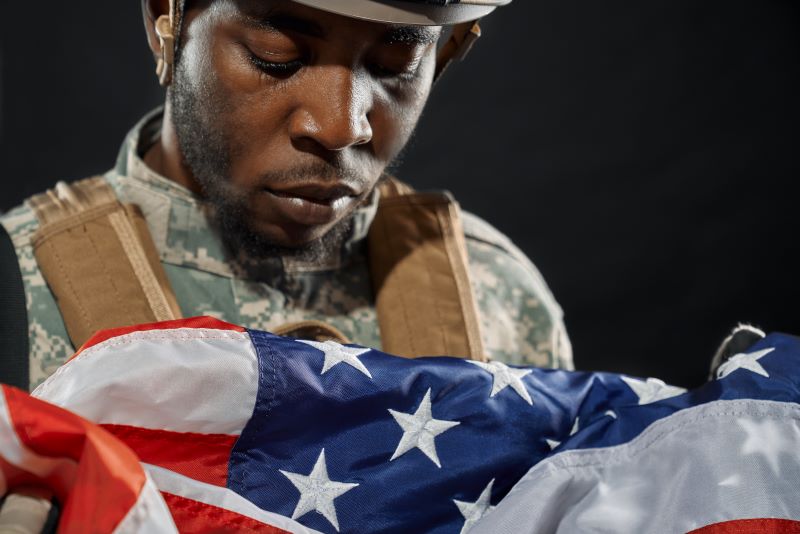
Today, September 30th, of 1966, Botswana gained independence from the British. Let’s take a journey inside this unique and prosperous South African country.

Botswana means ‘Land of the Tswana,’ and describes the Tswana, a dominant group in the country. 70% of the country is made up of the Kalahari desert. During British colonization, when it was one of the least developed and most economically disempowered, the country was known as Bechuanaland. Since independence, Botswana has experienced growth in healthcare and economics. In the last 50 years, the country’s per capita wealth has increased more than a hundredfold due to the generous amount of diamonds, large wildlife attractions and post-independence presidents who focused energy on long term development. Mining accounts for a third of the country’s GDP.

(A leopard in Botswana)
This country has been declared by some scientists as the birthplace of humanity. In 2020, Australian geneticists at the Garvan Institute of Medical Research used a restructuring of mitochondrial DNA and climate model reenactment to pinpoint northern Botswana as the first place of human existence.

(Basarwa people of Botswana)
Aside from the Tswana, the Kalanga, Basarwa, Babira, Batswapong, Basubia and more ethnic tribes can be found in the country. The national language of the country is Setswana and the official language is English. The country’s currency is the Bostwana Pula and the capital city is Gaborone. In 2011, the country’s census was tallied at 2,292,000.

(His Excellency Dr. Mokgweetsi Masisi)
The current president, known as His Excellency, Dr. Mokgweetsi Eric Keabetswe Masisi, is the fifth president of the country. He has been in office since 2018.
Botswana’s national dish is Seswaa, a stew and polenta or pap dish.

(Seswaa with Bogobe/Porridge)
Thanks for reading!





